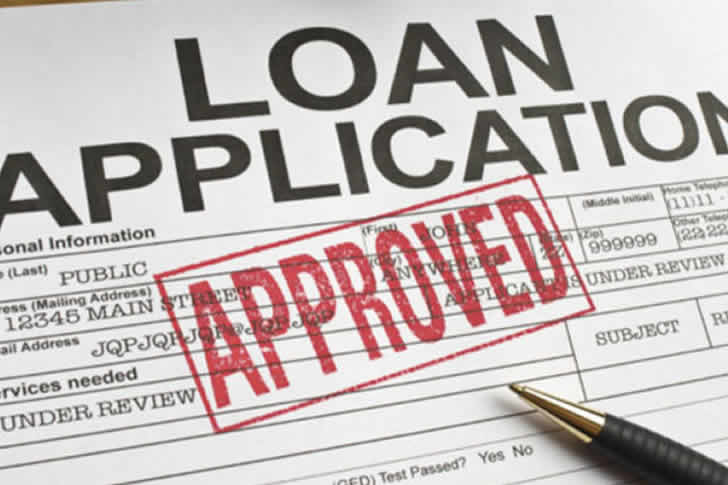How to Apply for a Personal Loan: A Step-by-Step Guide
Applying for a personal loan can be a significant financial decision. Follow this step-by-step guide to ensure you make the top choice for your needs.

1. Assess Your Financial Situation
Before applying for a personal loan, evaluate your current financial health. Understand your income, expenses, and any existing debt. This assessment will help you determine how much you need to borrow and if you can afford the repayments.
2. Determine Your Loan Purpose and Amount
Identify the specific reason for taking the loan, whether it’s for home renovation, debt consolidation, or another purpose. This will help you avoid borrowing more than necessary. Calculate the exact amount you need, considering additional costs like fees and interest.
3. Check Your Credit Score
Your credit score significantly affects your loan approval chances and interest rates. Obtain a affordable copy of your credit report and check for errors. If you have a low score, take steps to improve it before applying.
4. Research Lenders and Loan Options
Various lenders offer personal loans, including banks, credit unions, and online lenders. Compare interest rates, repayment terms, and eligibility criteria. Look out for any special offers or discounts that might be available to you.
5. Use a Loan Calculator
Use an online loan calculator to estimate your monthly payments based on the loan amount, interest rate, and repayment term. This tool helps you understand the total cost of the loan and plan your budget accordingly.
6. Gather Necessary Documents
Lenders require specific documents to process your loan application. Common requirements include proof of identity, income verification, and financial statements. Make sure you have all the necessary paperwork ready to expedite the process.
7. Pre-Qualify with Multiple Lenders
Pre-qualifying with several lenders gives you an idea of what loan terms you might be eligible for without impacting your credit score. This step allows you to compare offers and choose the top one.
8. Review the Terms and Conditions
Carefully read the terms and conditions of the loan offer. Pay attention to the interest rate, repayment schedule, fees, and any penalties for early repayment. Make sure you fully understand your obligations before signing the agreement.
9. Apply for the Loan
Once you’ve chosen a lender, complete the application process either online or in person. Provide accurate information and double-check all details before submission. Some lenders offer fast approval, while others may take a few days to process your application.
10. Wait for Approval
After submission, the lender will review your application. They might contact you for additional information or clarification. Keep in touch with the lender and respond promptly to any requests.
11. Accept the Loan Offer
If your application is approved, you’ll receive a formal loan offer. Review the terms one final time and accept the offer if everything aligns with your expectations. The lender will then disburse the loan amount to your bank account.
12. Set Up a Repayment Plan
Create a repayment plan to ensure you make timely payments. Set up automatic transfers if possible to avoid missing any due dates. Make your payments consistently to maintain a good credit score and avoid penalties.
13. Monitor Your Loan Repayment
Regularly check your loan statements to ensure all payments are recorded accurately. Keep an eye on any changes in interest rates or fees that could affect your repayments.
14. Refinance If Necessary
If you find a better interest rate or need to adjust your repayment terms, consider refinancing your loan. This process can help lower your monthly payments or reduce the total interest paid over the loan term.
15. Seek Financial Advice if Needed
If you’re uncertain about any aspect of the loan process, consider consulting a financial advisor. Professional guidance can help you make informed decisions and avoid potential pitfalls.
Tips for a Successful Loan Application
- Pay bills on time, reduce existing debt, and keep credit card balances low.
- This can negatively impact your credit score and reduce your chances of approval.
- Read reviews, check for licensing, and ensure the lender has a good track record.
- Have a backup plan in case you encounter financial difficulties during the repayment period.
- Fixed rates remain the same throughout the loan term, while variable rates can fluctuate.
By following these steps and tips, you can navigate the personal loan application process with confidence and secure the funds you need responsibly.










